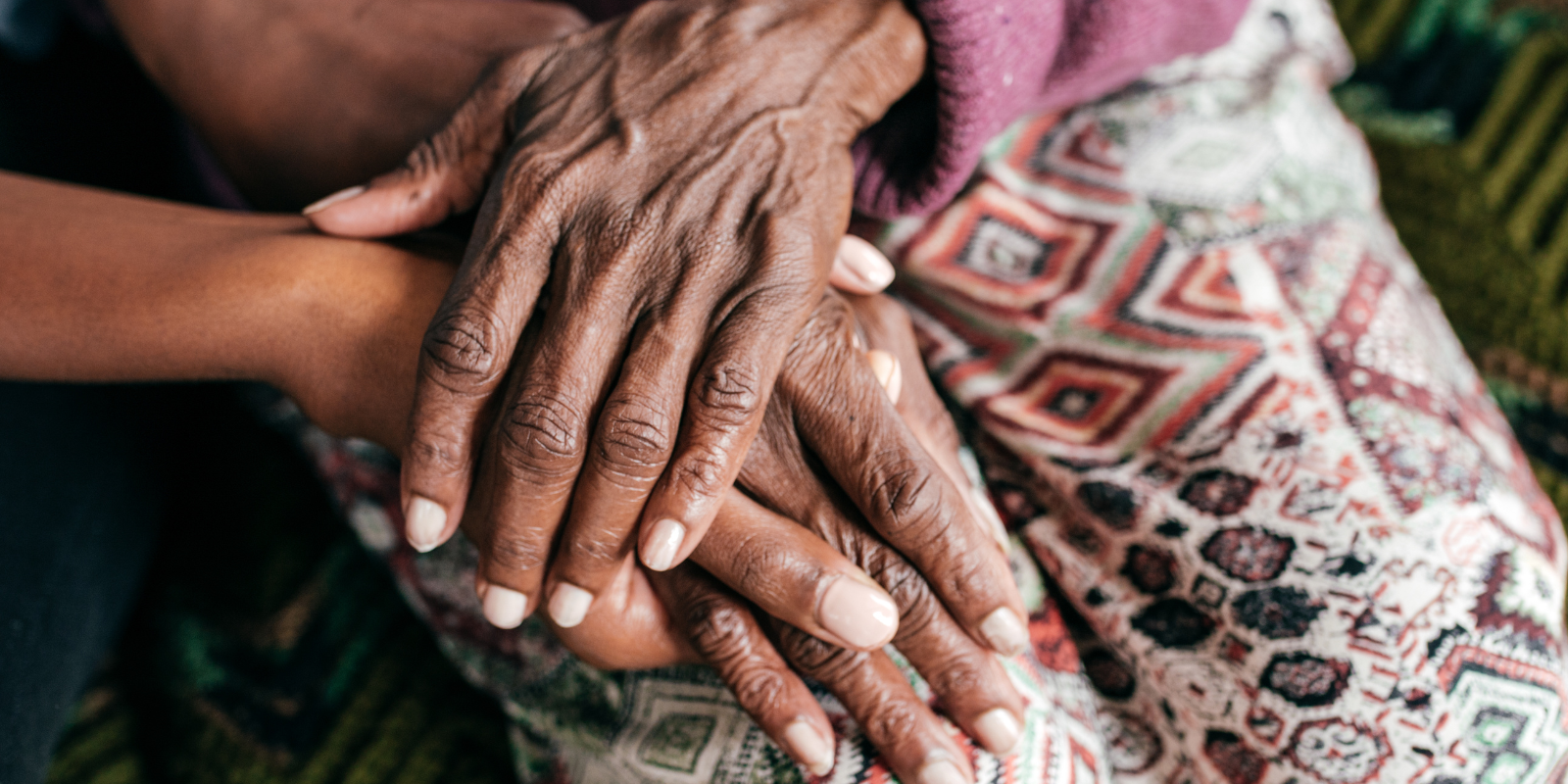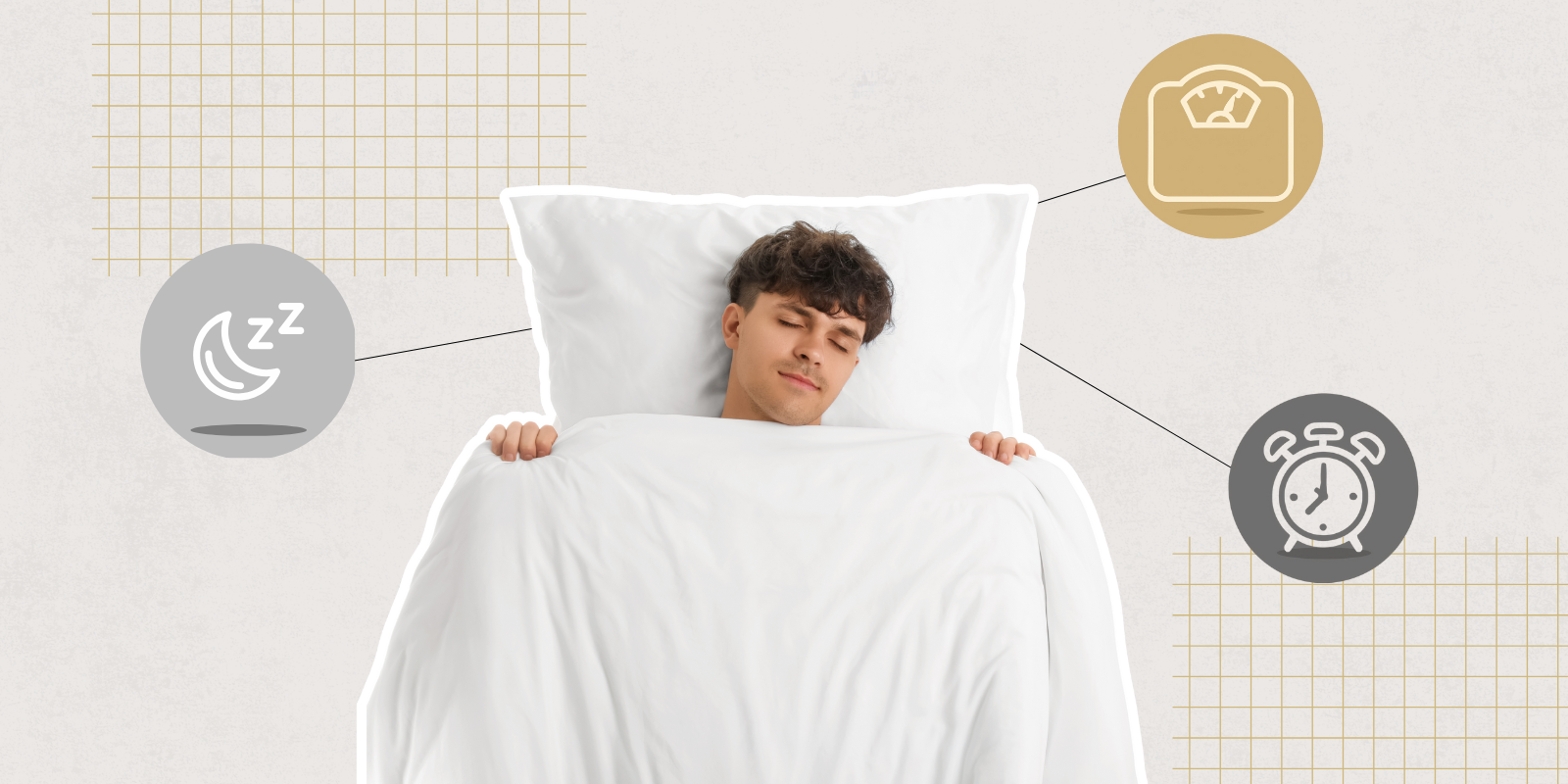Grief, sorrow, heaviness. There are many words that caregivers may use to describe how it feels to care for a friend or family member with dementia, but often what they describe is more complex and “something more” than a singular feeling or word.
Kristie Wood, PhD, post-doctoral research fellow in the Division of Internal Medicine at the University of Colorado School of Medicine and clinical psychologist, has been interested by what that “something more” is. For so long, she says, it has evaded definition. Caregivers witness cognitive decline, take on additional responsibilities, and they experience disorienting changes in the relationship — which are often unnamed — with the person living with dementia.
“This critical and often overlooked dimension of distress is what I call emotional and relational dissonance: a sense of disconnection, misunderstanding, and the painful loss of mutual recognition within a bond that may have once largely defined them,” Wood writes in a recent publication in the Journal of Palliative Medicine.
Naming these feelings of disconnection, which she calls “dementia relationship dissonance,” and developing a framework for it is important, she says. Doing so gives caregivers validation in what they’re feeling. It also allows clinicians a path toward providing resources and tools to help caregivers work through their emotions.
The role of responsiveness in relationships
Taking care of a person with dementia can be a time consuming and stressful endeavor. A 2024 report from the Alzheimer’s Association revealed that 11.5 million family members and other caregivers across the U.S. provide an estimated 18.4 billion hours of unpaid help, or about 31 hours of care per caregiver per week, to dementia patients.
Approximately 70% of caregivers surveyed in the report said that coordination of care is stressful, more than half said navigating health care was difficult, and two-thirds of respondents said they’re encountered challenges finding resources for their own needs as caretakers. Part of that, Wood says, is rooted in the changing relationship between the caregiver and the person living with dementia.
“Caregivers are the people who are typically closest to the person living with dementia. They’re spouses and adult children for the most part. Relationships are close because of what we call perceived responsiveness, or how much you perceive another person to care about you, to understand you, and to validate you,” she says.
With dementia a lot of the time, that isn’t possible anymore. A person with dementia may not remember who their caretaker is, even if they’re a child or a spouse, or any of the memories they’ve made together over the years.
“From research with children, we know that perceived responsiveness is important for closeness, and in childhood, it’s really important for sense of self,” Wood continues. “That responsiveness creates a sense of emotional attunement and is important for healthy attachment. In the case of especially advanced dementia, you see emotional attunement diminish because neurodegeneration just makes it harder for people to be emotionally responsive.”
In these instances, there isn’t a person to blame for that chipping away of emotional attunement, but rather a disease, which is why Wood says dementia relationship dissonance is a symptom of dementia.
More than grief
For many, these feelings can cause grief, but it’s a difficult feeling to grieve someone who still requires care and attention.
Wood says many caregivers she’s interviewed and talked to about their changing relationship because of dementia often involves reference to anticipatory grief and guilt for negative feelings about feeling forgotten or not feeling worthy of a person’s memory, even when they know it’s because of the disease.
“I think a big reason why people don't express their discomfort with the dissonance in these relationships is because they don't want to say, ‘Hey, it's the person. The person doesn't love me anymore.’ By naming that and recognizing it's not the person with dementia, but the dissonance arising from the dementia symptoms, it can be very freeing for people, because now they can talk about their feelings without ascribing blame to the person with dementia,” Wood says.
As Wood continues to dive further into dementia relationship dissonance and develop the framework, she says there’s a growing need for normalizing these feelings caregivers may have.
“If millions heard this message, we would begin to recognize dementia not only as a cognitive or logistical issue, but as a deeply relational one,” Wood says. “Families would no longer silently grieve a loss they can’t quite name or put their finger on. Clinicians would be trained not just to manage tasks and symptoms, but to recognize the emotional fragmentation that occurs when dementia disrupts the core of a relationship—creating profound, often unspoken, relational dissonance.”
“When we begin to validate that kind of invisible pain — grief without death, love without being seen — we don’t just change how we support care partners. We begin to acknowledge a deeper truth: that the pain of not being emotionally known or reflected can rupture our sense of mattering,” she continues. “While this can happen in any relationship, in the context of dementia it’s often dismissed. Because it’s neurological, it's seen as inevitable, untouchable. But that only makes it harder to process, not easier.




